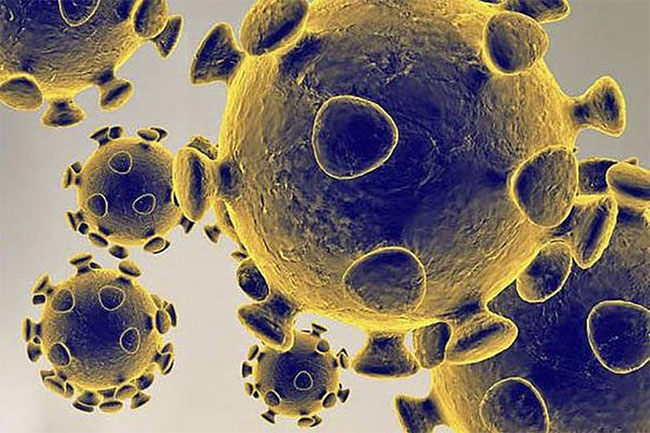To clarify this, researchers at the University of London (UK) conducted an analysis of data from 731 healthcare workers during the first wave of infections that broke out in the country.
Among them, 58 individuals tested negative for the SARS-CoV-2 virus despite working in a high-risk environment.

Image provided by the U.S. Food and Drug Administration regarding the SARS-CoV-2 virus causing the acute respiratory disease Covid-19 – (Photo: AFP/TTXVN).
According to the study recently published in the journal Nature, the reason some individuals were not infected with SARS-CoV-2 may be due to the response of T cells – white blood cells that play a crucial role in the body’s immune system.
Additionally, they may have previously been exposed to other coronaviruses such as those causing the common cold.
Specifically, when the SARS-CoV-2 virus enters the body, in some individuals, it may activate T cells that help the body remember past infections, thereby eliminating the virus before it causes symptoms.
This could explain the negative test results in some individuals despite their exposure to the pathogen.
Some earlier studies have also indicated that certain individuals may have a higher resistance to the SARS-CoV-2 virus than others.
The new research results from the UK are believed to open a new direction in the development of Covid-19 vaccines, focusing on stimulating T cell responses rather than antibody responses. This new approach has the potential to provide longer-lasting protection.
However, researchers still advise strict adherence to Covid-19 preventive measures such as wearing masks in enclosed spaces, limiting social contact, frequent hand washing, and receiving booster vaccine shots…


















































